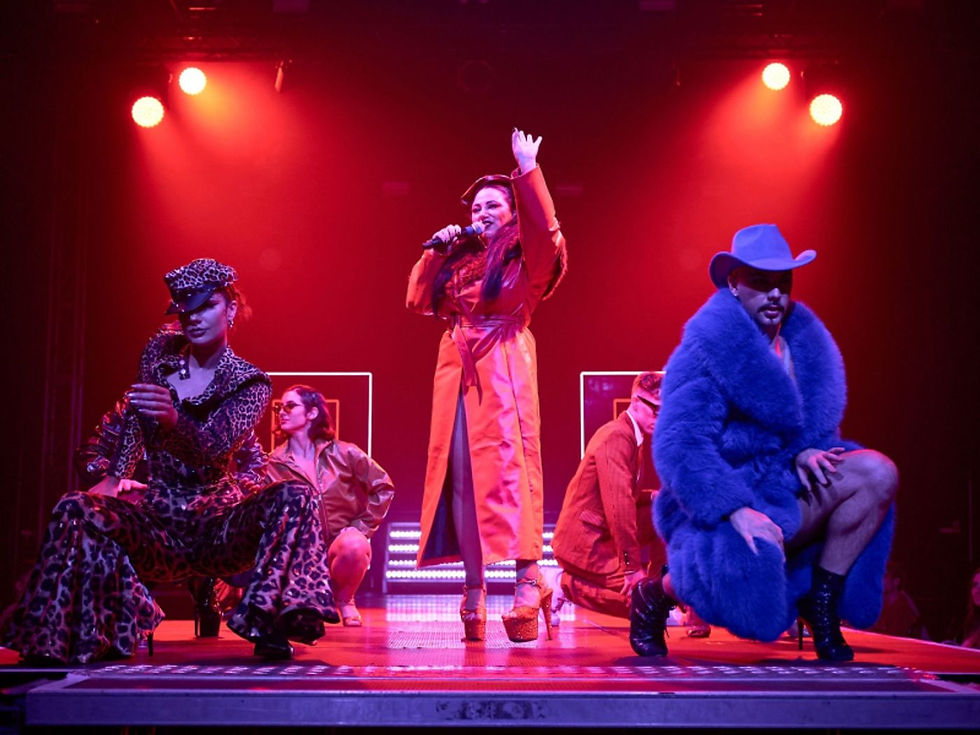Review: Little Women at The Blue Room Theatre
- Nov 13, 2021
- 2 min read
Review by Hannah Fredriksson
Little Women is a true classic; the story of the March sisters - Meg, Jo, Amy and Beth - as they navigate the responsibilities of growing up and facing the difficult decisions that come with it. This version of the story, adapted by Sally Davies from Louisa May Alcott’s novel, looks at the story in a queer light.
In this version of the story, Jo uses her skills as a writer to subtly guide the narrative, tweaking things that didn’t quite go according to plan. She shares her intentions with the audience through vulnerable asides, but of course there are some things that you can’t change no matter how hard you try.
The other major difference between this adaptation and the source material is that Laurie is female, reframing her relationship with the sisters.
Entering The Blue Room Theatre there is a distinct scent in the air, I can’t exactly put my finger on it but it’s something herbal and earthy like eucalyptus, setting the scene in a subliminal way. The stage is dressed in antique furniture, representing the various rooms in the March household. The lighting is mostly warm-toned, however external scenes have a blue tint to mimic the cool tone of natural light.
At the start of the play the four sisters are each wearing a long, solid-coloured skirt and a white blouse, and as each character grows and develops they have a subtle costume change - except for Jo who is the same at the start and at the end. In a way this symbolises her stubbornness and resilience, and her desire for things to remain the same as they were when she was young.
The archetypes of the March sisters are well-represented in the cast. Cezera Critti-Schnaars balances Jo’s fiery tenacity alongside her more vulnerable, poignant moments. Jess Nyanda Moyle perfectly embodies Meg’s sensible, pragmatic and grounded nature as the oldest sister. Amber Kitney plays Amy with the appropriate amount of passion and curiosity for the artistic and adventurous youngest sister, and Mani Mae Gomes is gentle and reserved as Beth.
Ramiah Alcantara plays Laurie with a sweet earnestness. Her costumes are larger and more grand than the March sisters to show her relative affluence, however the gowns seem to be cumbersome at times and tend to consume her smaller frame.
Whilst most aspects of this adaptation stay firmly planted in older times, the background music switches between gentle piano and dance music, which is slightly jarring when there is nothing else in the production that hints at the present day.
Directors Sally Davies and Melanie Julien-Martial have put together a wonderfully intimate and inclusive adaptation of this classic story that is loved by so many, I highly recommend it for a heartwarming night at the theatre.

Image Supplied


